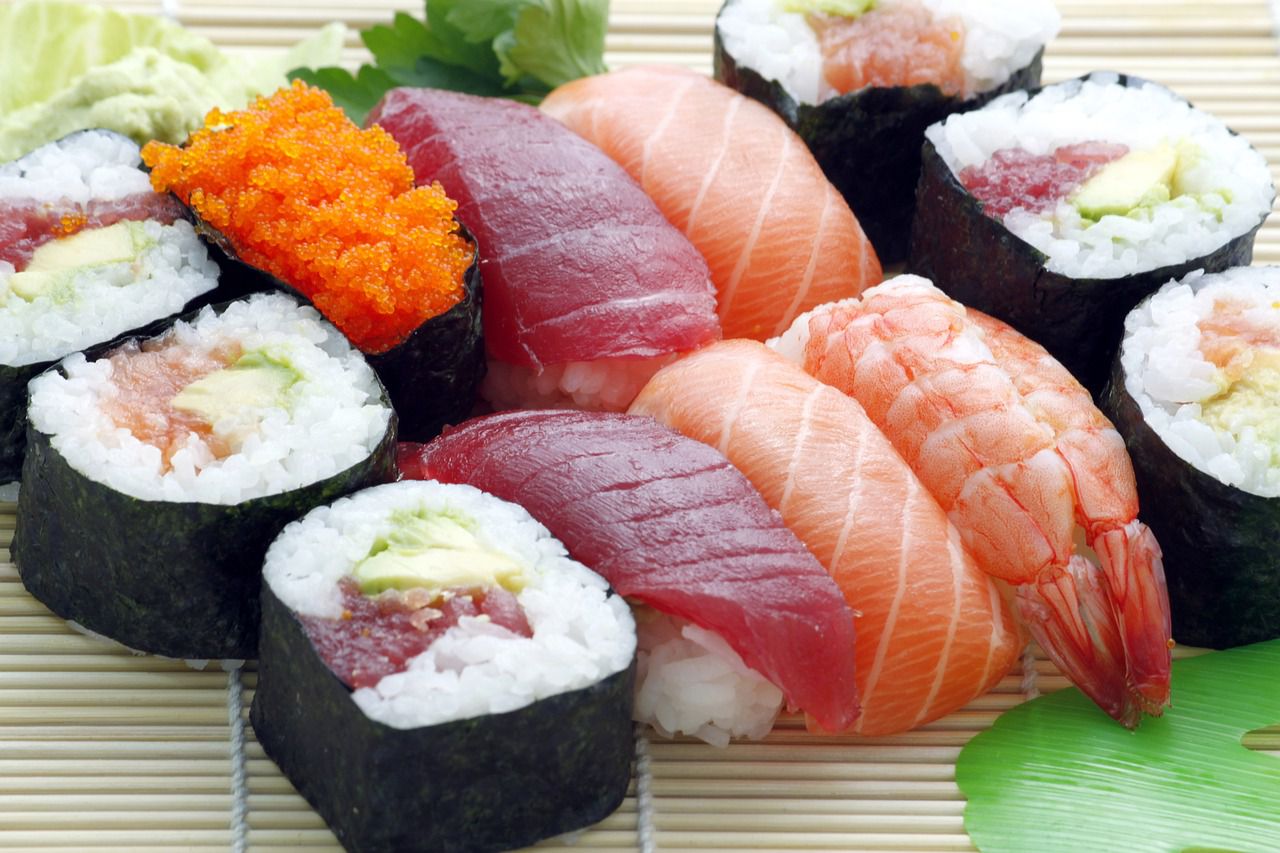From many takeaway options, sushi often seem to be the healthiest choice for people wanting to eat healthily.
They actually are - at least, some variations of that dish.
Let's find out whether they are actually that healthy.
Nutritional Benefits
Sushi often includes nutrient-rich ingredients like fish (such as salmon or tuna), seaweed, vegetables, and rice.
Fish is a good source of lean protein, omega-3 fatty acids, and essential minerals.

Seaweed provides vitamins, minerals, and antioxidants, while vegetables offer fiber and a range of vitamins and minerals.
Portion Control
It's important to be mindful of portion sizes when consuming sushi.
Some rolls may be larger and higher in calories, especially those with added sauces, tempura, or cream cheese.
Opting for smaller roll sizes or choosing sashimi (sliced raw fish) can help manage calorie intake.
Rice and Carbohydrates
Sushi rice is typically made with vinegar and sugar, which can increase its carbohydrate content.
If you're watching your carbohydrate intake or have specific dietary needs, consider opting for rolls with less rice or exploring alternatives like sashimi or sushi made with brown rice.
Food Safety
Sushi involves raw fish, so it's important to ensure the fish is fresh and obtained from reputable sources to reduce the risk of foodborne illnesses.
Proper food handling, storage, and hygiene practices are crucial to minimize any potential health risks.









